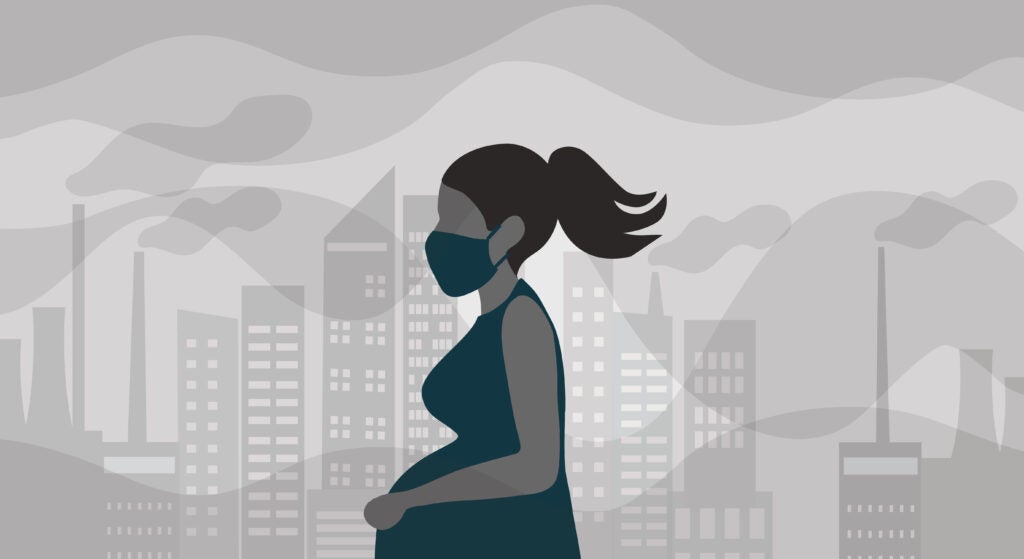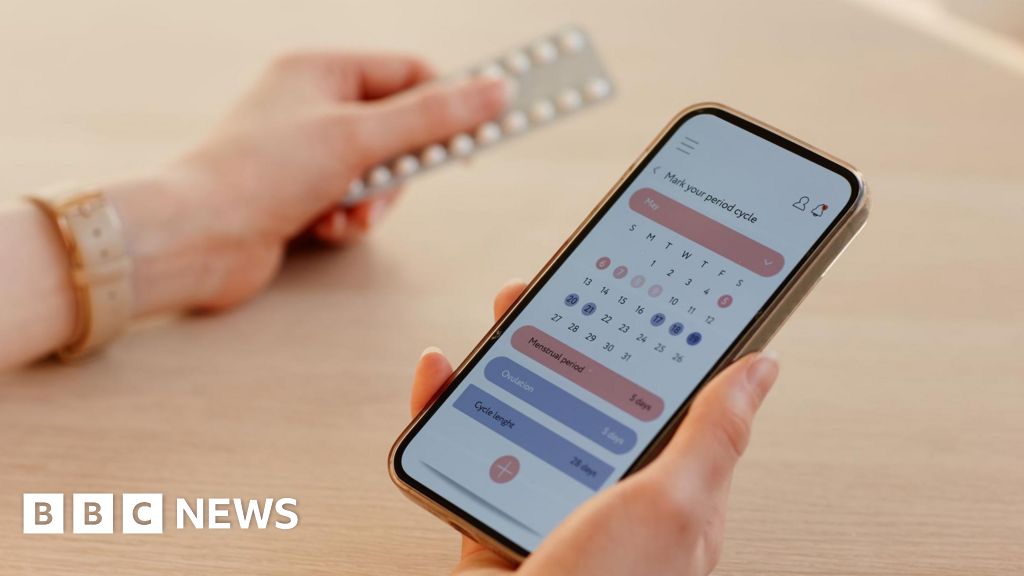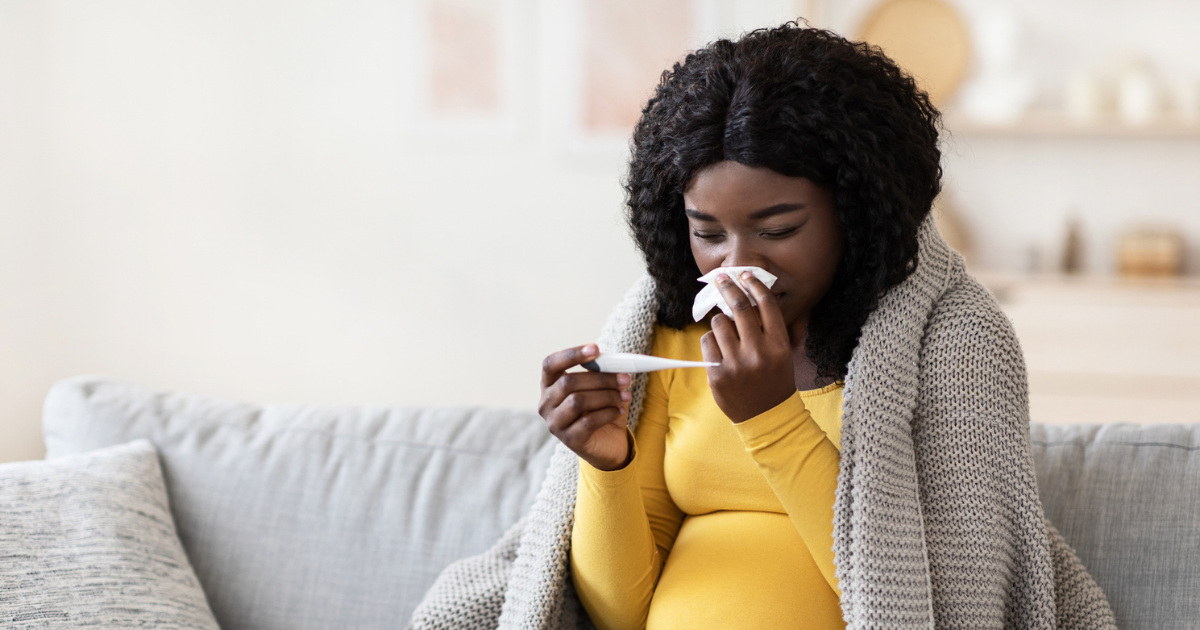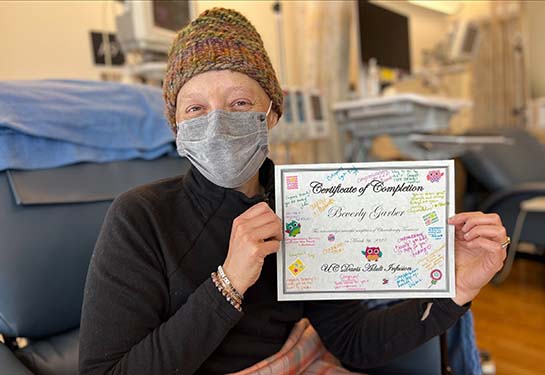Maternity team provides FIFO care for pregnant women in remote towns
Rania Goncalves never planned to have a baby in “the middle of nowhere”.
After immigrating from the United States with her young family, the 42-year-old spent her third pregnancy living in the remote fishing village of Karumba, in Queensland’s Gulf of Carpentaria.
More than 2,000 kilometres from Brisbane, the region would not be the first choice for many expectant parents.
Despite the change being so stark to her first two birthing experiences in Vermont, USA, Ms Goncalves does not regret a thing.
Ms Goncalves with her husband Andrew McClymont and their sons Robert “Monty”, Archibald and Bruce. (Supplied: Rania Gonclaves)
“I’m from Timor and my husband is from Longreach so [Karumba] is almost in the middle,” she says.
“I just felt like someone had dumped me in the middle of nowhere.
“I was worried because I had no idea about the Australian health system, but I saw other mums who have given birth live in Karumba and led a normal life, so I thought if they can do it, I can do it.”
The transition was eased thanks to a mobile maternity team providing top-notch care to expectant mothers in the furthest reaches of the Sunshine State.
The mobile maternity team makes an early start. (Supplied: Cecelia O’Brien)
‘One-stop shop’ from the sky
Cecelia O’Brien is a travelling obstetrician gynaecologist.
Once a fortnight, Dr O’Brien charters a plane, subsidised by a Townsville medical centre, and flies across the far reaches of northern Queensland to deliver critical care to expectant mothers.
Sonographer Angelina Caspani and Cecelia O’Brien deliver a service to expectant mums. (Supplied: Cecelia O’Brien)
“We’re saving women from having to travel for those basic examinations,” she says.
Her circuit includes Mornington Island, Karumba, Palm Island, Normanton, and Doomadgee, more than 1,000 kilometres from her base in Townsville.
Dr O’Brien and sonographer Angelina Caspani set up shop in each remote town’s small hospital or medical centre.
In addition to 3D and 4D ultrasounds, they offer a suite of gynaecological services from cervical biopsies, to PCOS and endometriosis scanning — most of which are not locally available — at no cost to the local women.
“It’s a sort of a one-stop shop,” Dr O’Brien says.
Dr O’Brien (right) and her pilot on the way to work. (Supplied: Cecelia O’Brien)
From the Tablelands to the Gulf
Born and bred in the small New South Wales country town of Inverell, Dr O’Brien understands what it’s like to live in regional Australia.
But after a move to Queensland for study, she witnessed first-hand the lack of obstetric and gynaecological care options for women in remote Queensland.
“I was like, ‘Wow, these women are so much sicker than the women down south, why is that? How can we prevent it?'” Dr O’Brien says.
“Just because women live remotely, or on a station looking after cattle or sheep that we all reap the benefits of, why do they get less care?
“A lot of women weren’t getting the ultrasounds that they needed because it was just too hard logistically.”
Extra care for high-risk patients
Ms Caspani has been able to enjoy brilliant views while travelling between communities. (Supplied: Cecelia O’Brien)
With a high-risk pregnancy, Ms Goncalves remembers the sense of calm washing over her after first meeting with the flying team.
“I was diagnosed with gestational diabetes and the doctor was a bit worried, they wanted me to go all the way to Mount Isa — it’s nearly 600km just to see the doctor,” she says.
“They came during the wet season and the road was cut so we had no access, and I needed to do my first ultrasound.
“When Dr Cecelia was able to come with her team, it was a relief, they bring the ultrasound and it’s not just a relief for my health concern but also the travel.”
Although Ms Goncalves delivered her youngest son Bruce last August in Cairns, she says the care provided to her in her own community was a major comfort.
Baby Bruce meets brothers Robert “Monty” and Archibald. (Supplied: Rania Gonclaves)
Birthing on country
It’s a sentiment echoed by Palm Island Deputy Mayor Mersane Oui who gave birth to her second son last August.
Although the island community, located off the coast of Townsville, is equipped with a 2D scanning machine, and mothers have access to antenatal and postnatal midwifery services, more complex technology that can assist in identifying fetal issues in early-stage pregnancy is not available.
Mersane Oui’s baby Israel is now six months old and as “strong as an ox”. (Supplied: Mersane Oui)
Ms Oui says being able to access Dr O’Brien and her team with their mobile high-tech ultrasounds provided reassurance.
“I felt she really went out of her way to make sure that my baby was good, and I was good.”
Dr O’Brien and Ms Oui with Israel as a newborn. (Supplied: Cecelia O’Brien)
After experiencing a high level of care from Dr O’Brien, Ms Oui is now advocating for an increase in services provided on Palm Island, so women do not have to travel to Townsville.
“One day, we can have birthing on country,” Ms Oui says.
Still more work to do
The visits are privately funded as a proof of concept by not-for-profit Check Up Australia as well as Dr O’Brien’s business, Women’s Health Circle.
Queensland Health delivers a variety of fly-in fly-out services to the towns Dr O’Brien visits.
In the north-west, midwives visit Doomadgee and Mornington Island fortnightly, and specialist gynaecology appointments are available in Cloncurry and Normanton two to four times a year.
There’s also an agency midwife based in Normanton.
Dr O’Brien’s and Ms Caspani’s equipment is ready for the trip. (Supplied: Cecelia O’Brien)
North West Hospital and Health chief executive Sean Birgan says Dr O’Brien’s work complements the visits they make to remote areas.
“It is through strong collaboration and partnerships we can deliver the best possible care and remain committed to strengthening services for those who need it most,” he says.
While the services offer mothers a chance to stay closer to home, locals say it’s not an absolute fix for the Gulf of Carpentaria.
“It’s very important to have that service coming through Karumba. I’m very happy, but I feel like there is always room for improvement,” Ms Goncalves says.
link







